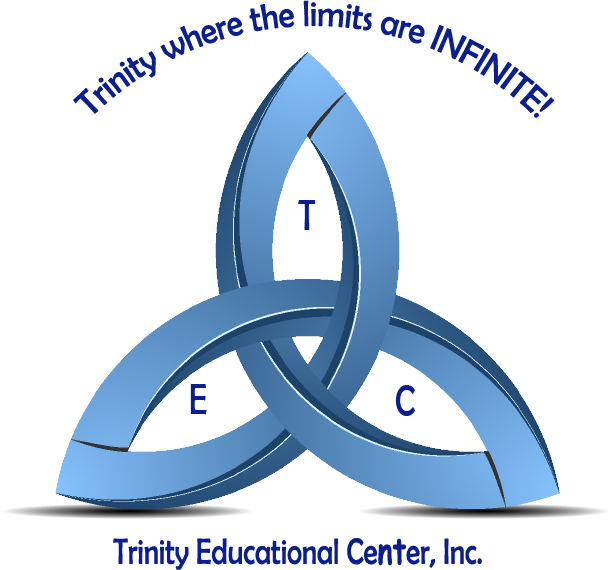
Programs
There are three stages of adolescence: early, middle, and late, and youth characteristics change during each stage. The Youth Program focuses on early and middle adolescents, while the Educational Program focuses on late adolescence.
Pathfinders: Middle Schoolers - Early Adolescence
Early adolescence, covering ages 10–14, is the initial stage of adolescence and marks the transition from childhood into teenage years. This period is characterized by rapid physical, cognitive, emotional, and social changes. Recognizing these shifts is essential for designing supportive educational programs and community initiatives.
Physical: Onset of puberty; rapid growth spurts; body changes begin.
Cognitive: Developing abstract thinking; still concrete in many areas; limited perspective-taking.
Emotional: Heightened self-consciousness; mood swings; early identity exploration.
Social: Friendships grow in importance; peer acceptance critical; family still central.
Educational/Vocational: Building study habits; beginning to explore personal interests and talents.
Empowered: High Schoolers - Middle Adolescence
Middle adolescence is a critical stage of human development, encompassing ages 14–18. During this period, youth experience rapid changes in physical, cognitive, emotional, and social domains. These changes have direct implications for educational programs, youth development initiatives, and community support systems.
Cognitive: Stronger abstract thinking; better problem-solving; still developing impulse control.
Physical: Extremely concerned with appearance and body; feelings of strangeness about
oneself.
Emotionally, Identity exploration, fluctuating self-esteem, and risk-taking behaviors are common.
Social: Peer influence peaks; autonomy from parents; romantic/sexual identity develops.
Educational/Vocational: Focus on academics, career exploration, and part-time work.
Fearless “Strengthening Minds, Preparing for Purpose.”
Late Adolescence
As young adults step into early adulthood, this stage is marked by rapid growth, new freedoms, and major life decisions. Trinity Educational Center, Inc. empowers individuals ages 18–22 with programs and support designed to guide them through this powerful transition.
Developing a stronger sense of identity and direction
Building emotional independence and personal values
Forming deep relationships with peers and romantic partners
Exploring career paths, college, or vocational goals
Strengthening decision-making and problem-solving skills
Becoming more self-aware and reflective
Reaching physical maturity and peak health
Taking on adult responsibilities—finances, housing, and time management
Contact us.
Feel free to contact us with any questions.
Email
tec@trinityedcenter.org
Phone
(802) 777-8080
Fax
(802) 419-8248
